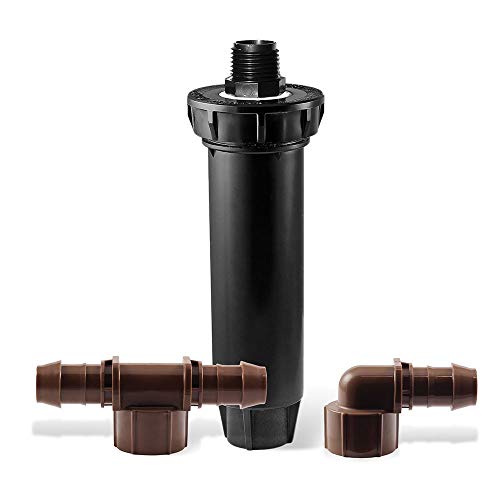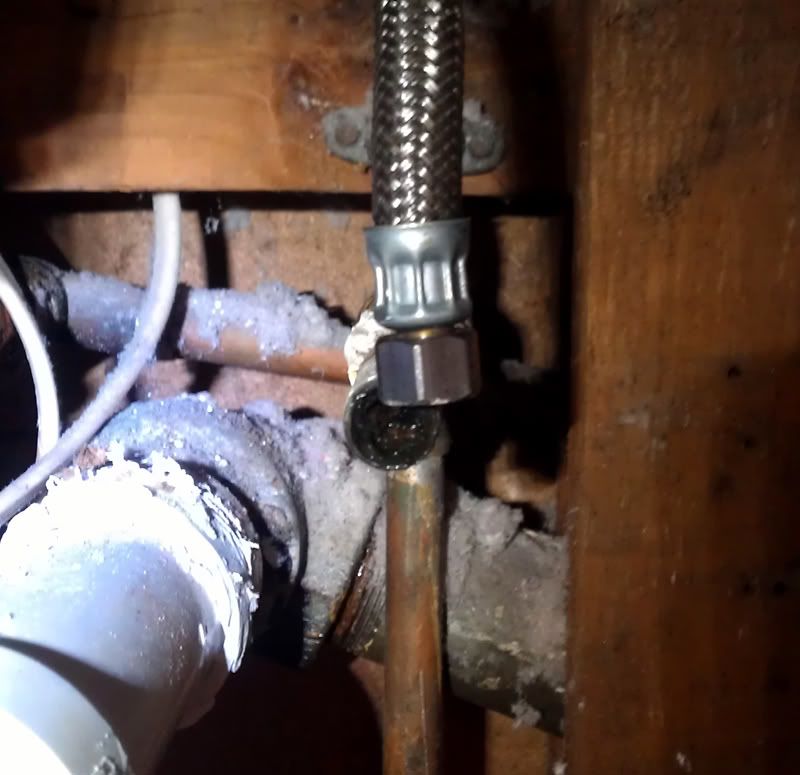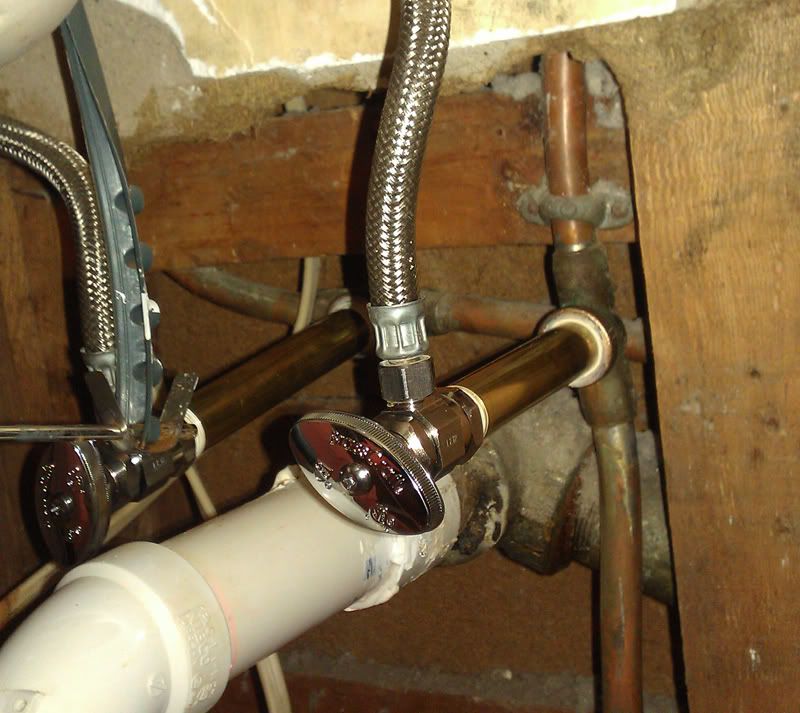So, I noticed that the wall under my bathroom sink (top floor, within the vanity) was wet. It looked like it was coming from the hot water supply line, but I couldn't really see any signs of leaking on the visible part, so I opened up the wall. It turns out that most of the wall was wet, and moldy, so I removed more than I wanted to, and actually I still have to remove a little more. It turns out that both the hot and cold lines are leaking - take a look:
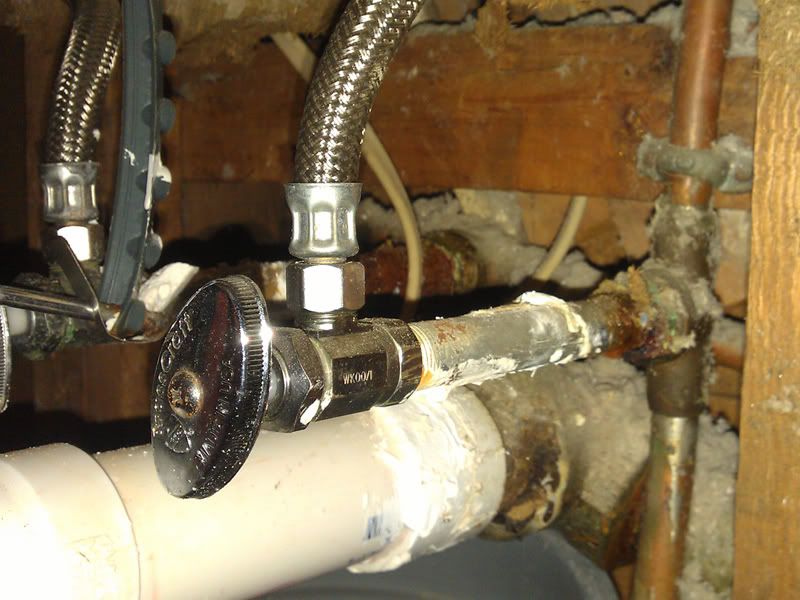
Here is an extreme closeup of the hot water line (I'm trying to show you all the connection to the copper tee ):
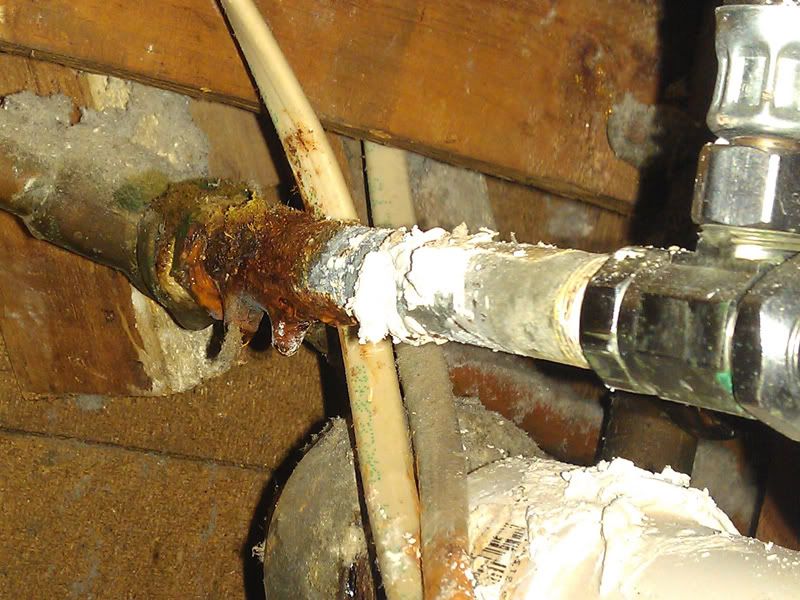
Please notice the Stalactites that are forming on the dripping spot - pretty cool. Also, I think there is some moss growing on the top of the copper, but I'm not sure.
The lines continue up the inside of the wall beyond the tee, and just dead end about 2 ft. above the top of vanity. I don't know why they do this, unless it is supposed to prevent water hammering? Anyway, here is my question: Should I try to remove that section of threaded pipe and replace from there, or remove the copper tee and replace with a 90? The electrical wires you see will be moved - I have no idea why someone would run them like that.
Thanks in advance.

Here is an extreme closeup of the hot water line (I'm trying to show you all the connection to the copper tee ):

Please notice the Stalactites that are forming on the dripping spot - pretty cool. Also, I think there is some moss growing on the top of the copper, but I'm not sure.
The lines continue up the inside of the wall beyond the tee, and just dead end about 2 ft. above the top of vanity. I don't know why they do this, unless it is supposed to prevent water hammering? Anyway, here is my question: Should I try to remove that section of threaded pipe and replace from there, or remove the copper tee and replace with a 90? The electrical wires you see will be moved - I have no idea why someone would run them like that.
Thanks in advance.











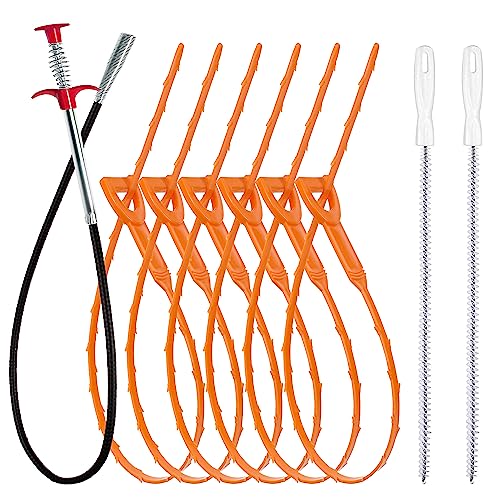







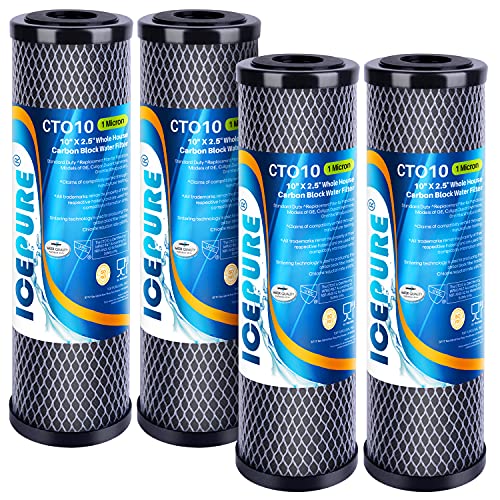



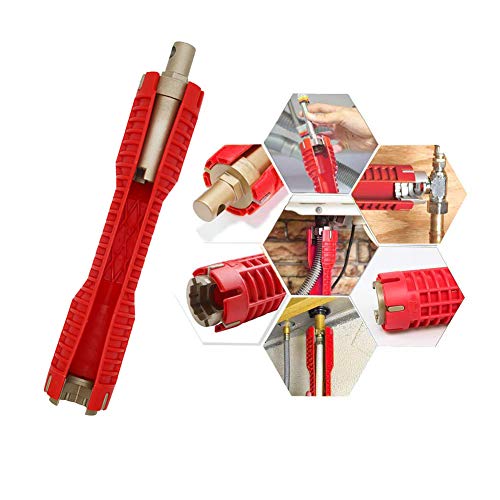









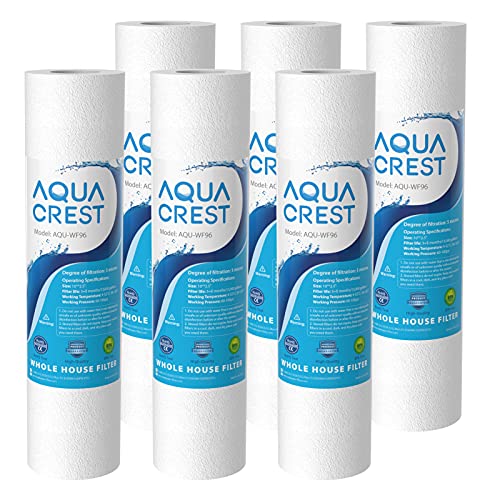






![MEISTERFAKTUR drain snake 2.0 [50 FT] - with drill attachment - Ideal plumbing snake for sink and drain unblocking - Solid drain auger for real DYIs! (50 FT - 1/4 inch)](https://m.media-amazon.com/images/I/41VwmTiOsgL._SL500_.jpg)











